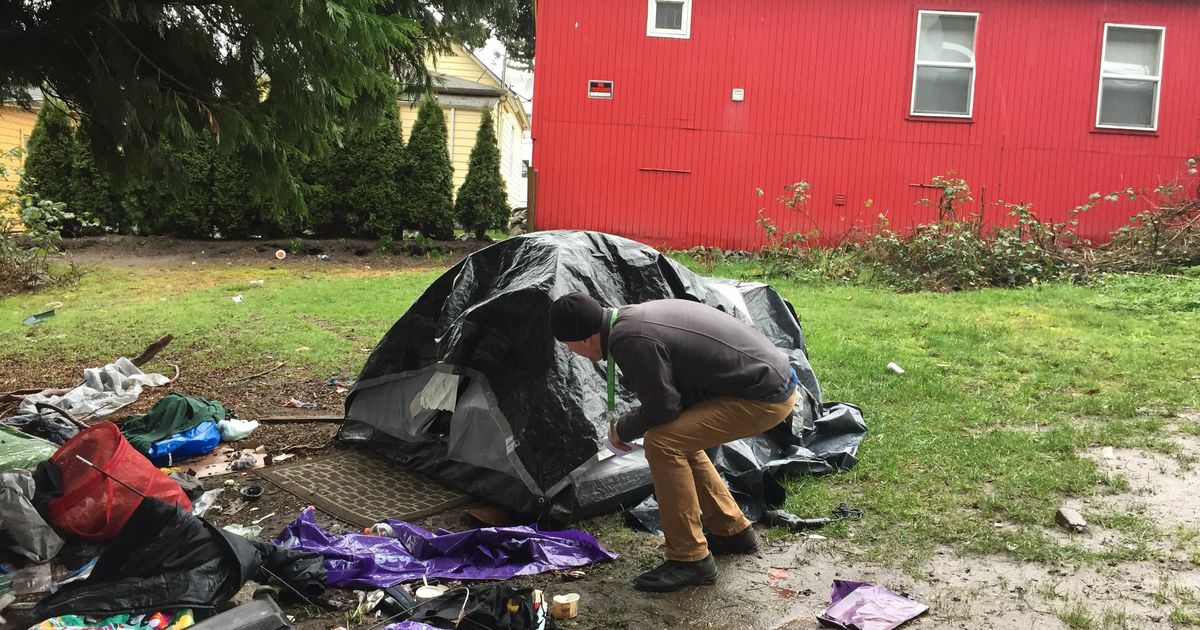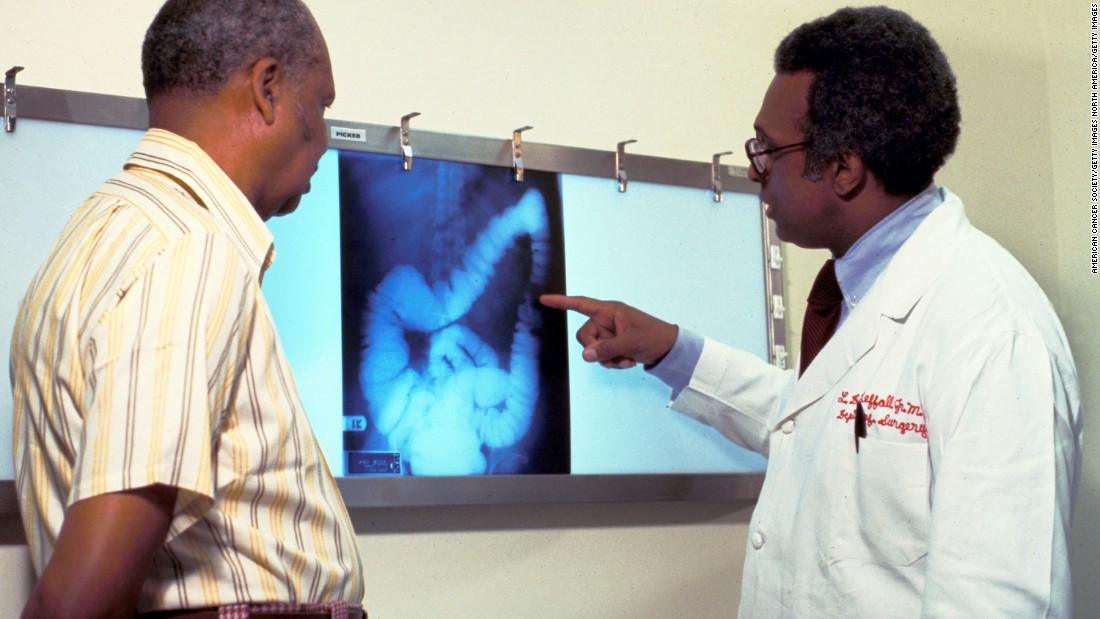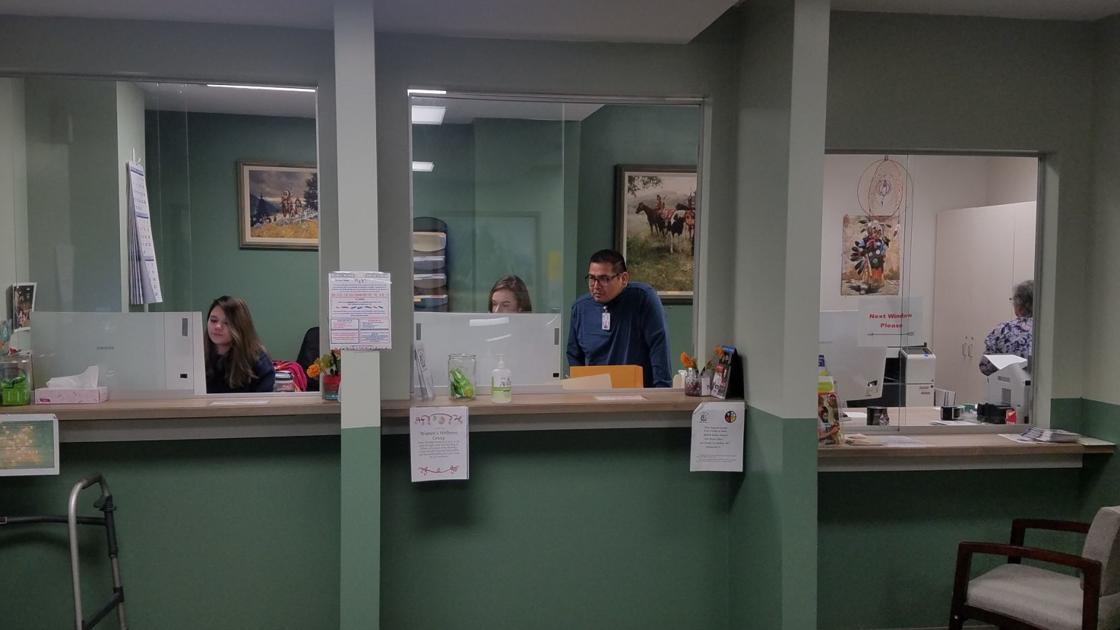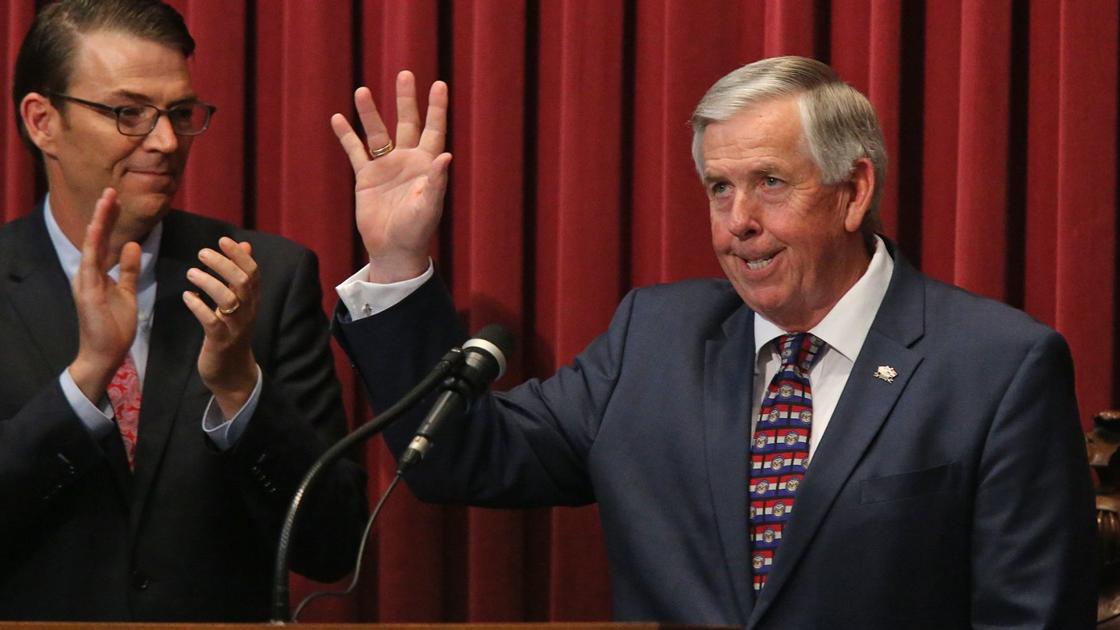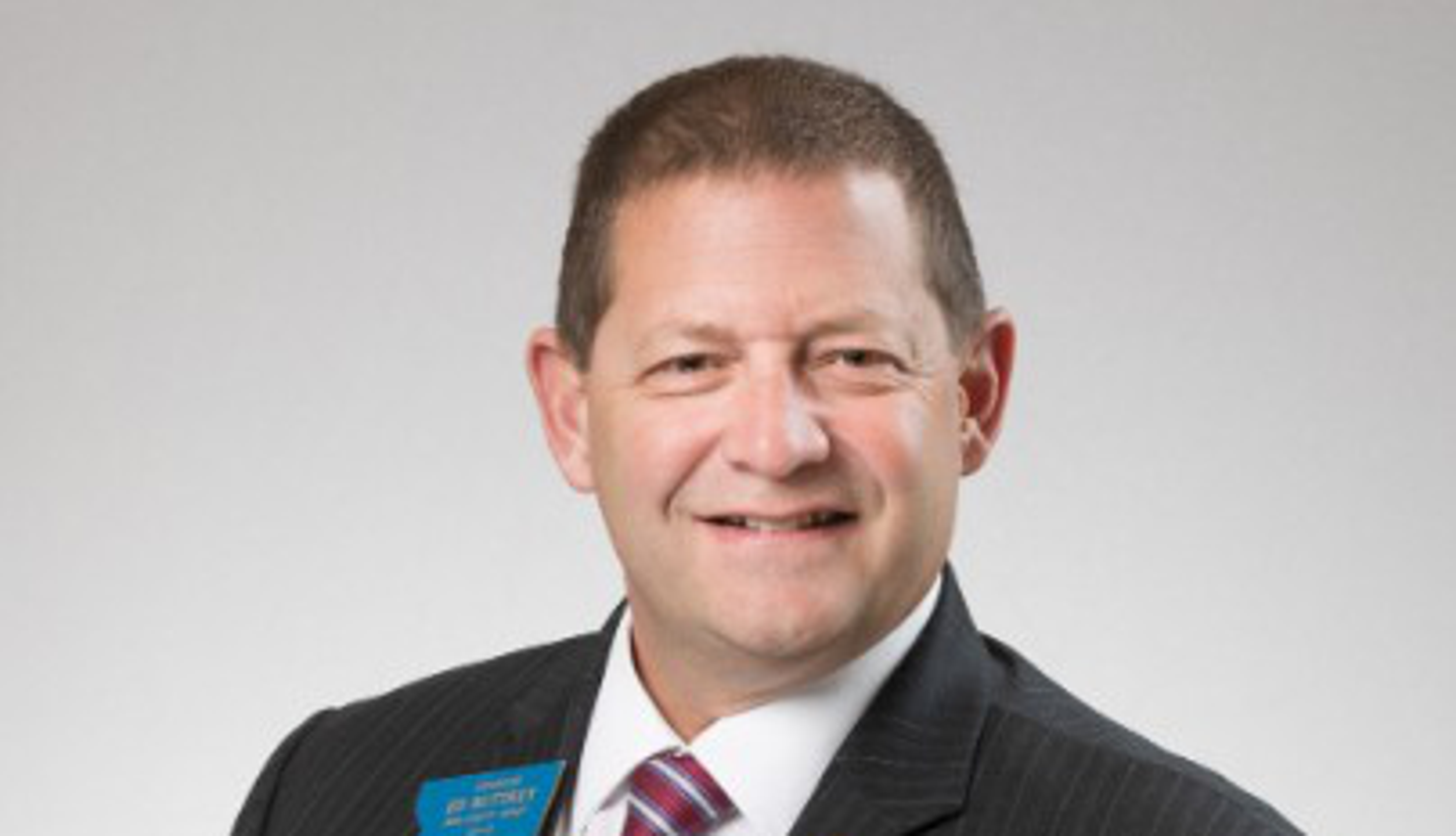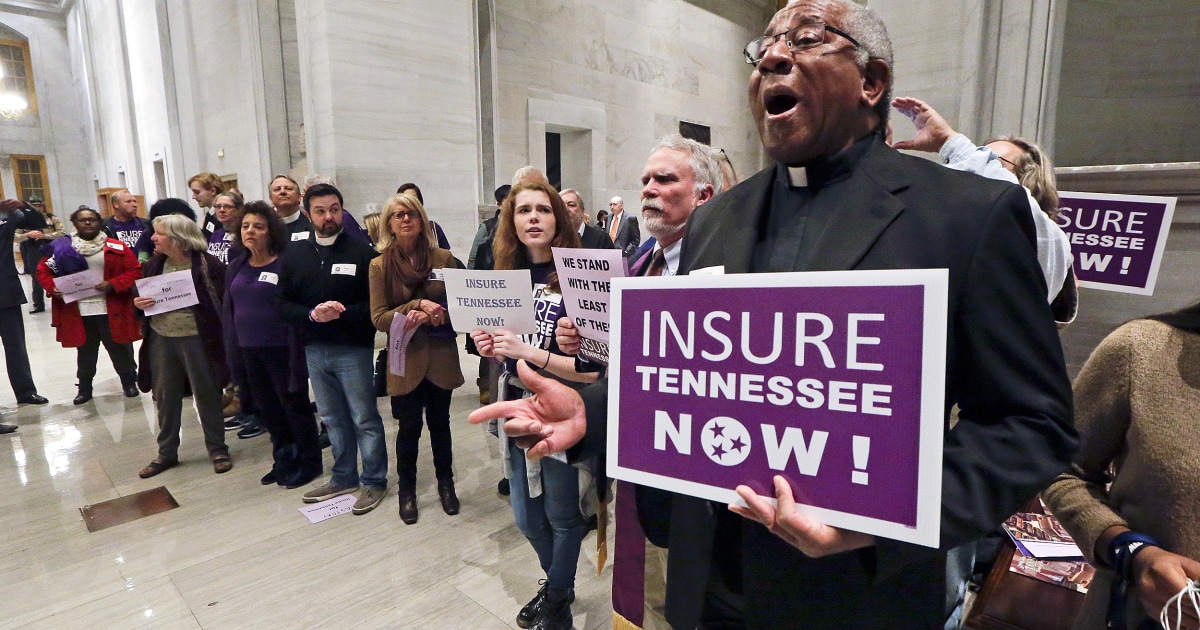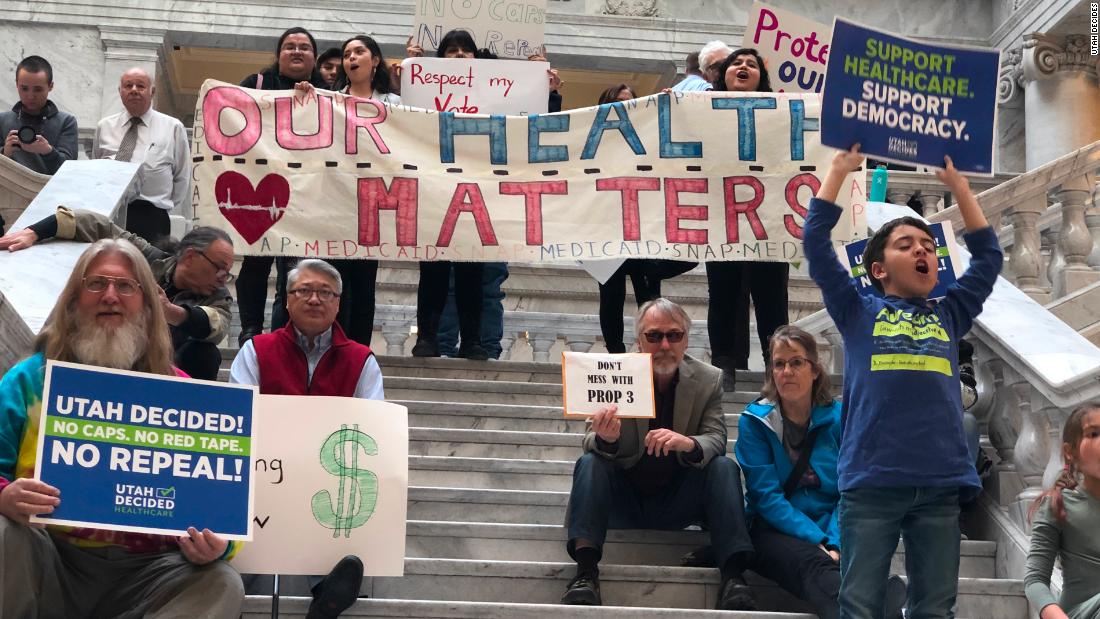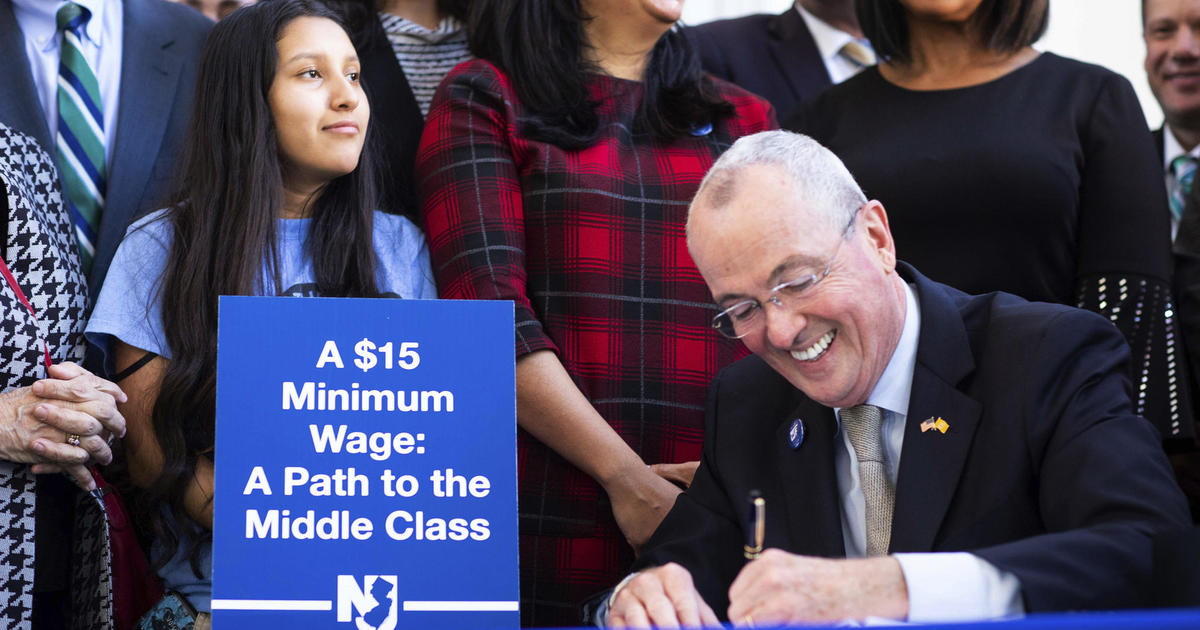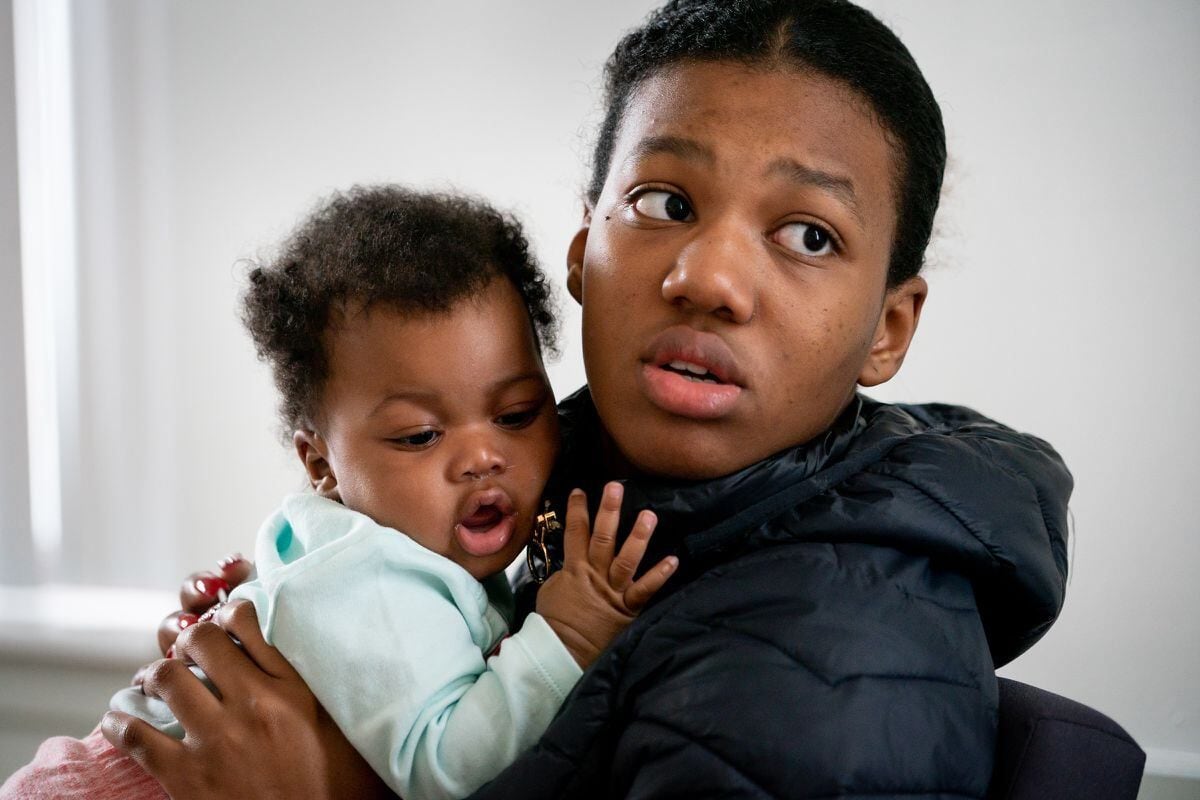Growing up Through the Cracks – In the “Compassionate City,” governmental unity has helped to reduce child poverty rates.
A new study of Baltimore shows that private capital is more often spent in low-poverty places that don’t need it as much.
The Mayor’s Office of Human Services and Health Care for the Homeless have teamed up to place up to 50 homeless families into apartments.
With an estimated 43 evictions a day in Massachusetts, should the state guarantee legal help to renters who can’t afford an attorney?
Hypothermia can set in at temperatures as high as 50 degrees, experts say. And with 39,000 people living on the streets in L.A. County, the risk can be high.
LeaseUp aims to make finding homes faster and easier.
More children are entering foster care with serious behavioral and mental health issues.
“I’ve done nothing wrong,” said a 14-year-old after she landed in jail for the fourth time. Many agree, and are trying to stop Washington state from arresting runaway foster kids. The head of the agency responsible says he wants to,…
Historical disparities between black and white cancer patients in the United States are receding, a new study finds. Among men, the overall cancer death rate was 47% higher for blacks than for whites in 1990, but that difference dropped to 19% in 2016, and the disparity has been nearly eliminated in men younger than 50.
Todd Wilson has seen first-hand the positive feedback loop that comes from having more people who seek care at Leo Pocha Memorial Clinic walk in the door with health insurance.
The state now requires many of its Medicaid beneficiaries to work, go to school or volunteer in order to keep their health insurance. But more than 18,000 have come off the rolls.
Is the drop in Medicaid enrollment a consequence of a rising economy or a confusing renewal process?
In almost every state where ballot measures to expand Medicaid have passed, Republicans have tried to change the voter-approved laws.








